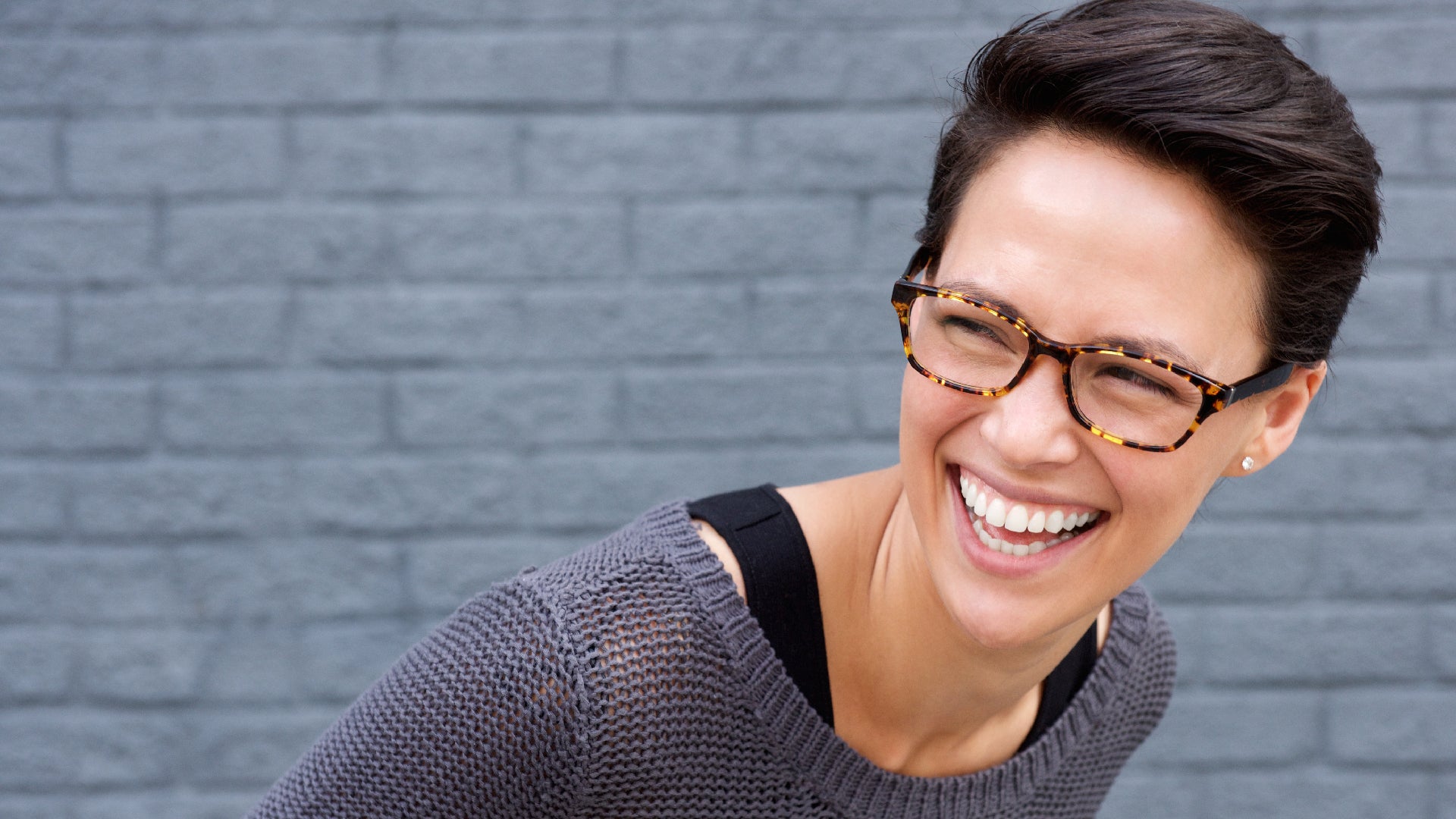
Caffeine & Your Skin – The Good & The Bad
Drinking ten cups of coffee each day might not be great for your skin, but caffeine in your skincare products? Now, that’s what we’re talking about…
Do you have a love-hate relationship with caffeine? Turns out, so does your skin. As a skincare ingredient, caffeine is filled with brightening properties and free radical-fighting promise. But consume too much of it in your daily fix of coffee and caffeine can have much less desirable effects.
Confused? Don’t be. Here’s what you need to know about caffeine and your skin.
Caffeine: The Darker Side
It’s true, we’re a nation of avid coffee drinkers. According to research, around three in four Americans drink coffee every single day. What’s more, over a third of these consume more than three cups on a daily basis.
But as great as this beloved, caffeine-powered beverage of ours is for boosting your energy levels, enhancing your mood, aiding performance and potentially lowering your risk of heart disease and stroke, caffeine has a certain dark side. Especially when it comes to the health of your skin. And, btw, tea is no innocent party here. Granted, teas might not contain quite the same levels of caffeine as brewed coffee, but it’s still there, so bear that in mind if you feel saintly because you prefer tea over coffee.
How Drinking Caffeine Affects Your Skin
1. Caffeine Dehydrates Your Skin
Just like two of our other guilty pleasures, salt and alcohol, caffeine can cause dehydration in your skin. Caffeine is a mild diuretic, you see, which means it increases urine production in your kidneys, causing you to pee more and therefore get rid of vital moisture. As you know, water is crucial to the health of your skin, helping it to stay plump, soft, supple and strong. Without it, your skin can become dull, itchy and sensitive; bags can appear around your eyes, and any fine lines and wrinkles you have will become more pronounced.
Of course, if your chosen brew is more water than coffee this can counteract the diuretic effects of the caffeine, but if you’re an espresso drinker you might want to think about the number of cups you have in a day. Studies show that roughly four cups of regular, brewed coffee is a safe amount for most healthy adults.
2. Caffeine Interferes With Your Sleep
According to the Sleep Foundation consuming caffeine negatively affects your sleep by blocking adenosine receptors. Adenosine is an important chemical that builds up in the brain while you’re awake to make you feel tired and help promote prolonged, quality sleep when you need it. Blocking the receptors that detect adenosine means your brain, instead, will continue to release chemicals to keep you awake. The result? Cruddy sleep.
Sleep is extremely important for the health of your skin because as your brain goes into rest mode, your skin does the exact opposite. Blood flow increases to nourish it with valuable nutrients; cell turnover accelerates to bring fresh, healthy skin cells to the surface, and collagen production speeds up to keep your skin strong and supple. Lose out on this valuable skin regeneration time and you can say goodbye to fabulous-looking skin and, in turn, welcome all the signs of premature aging you did not want to invite to the party.

3. Caffeine Can Make Breakouts Worse
Of course, caffeine doesn’t cause acne. But it has the potential to make your breakouts worse by heightening stress and causing an overproduction of cortisol which stimulates your sebaceous glands to go into overdrive. The result? Excess sebum which gets blocked in your pores and, well, you know the rest.
Caffeine: The Skincare Great
Of course, drinking caffeine isn’t all bad (it contains tons of antioxidants for starters!) and if you consume it in moderation – and never before bedtime – it can have its real perks.
What’s more, for all its pros and cons in the coffee and tea world, caffeine is extremely buzzy in skincare right now (pun 100% intended).
So, what’s the deal with topical caffeine? Well, for one thing, it has a very small molecular structure which means it’s able to penetrate the top layers of the skin and really dig into where it’s needed most. Major points, right there. It’s also thought to help slow down aging, boost collagen, brighten your skin and reduce redness and puffiness. Here’s how…
How Applying Topical Caffeine Affects Your Skin
1. Caffeine Is A Powerful Antioxidant
Like berries and other botanicals, tea and coffee beans both contain antioxidants to help protect your skin from free radical damage. Free radicals are the result of exposure to light, heat, pollution or other external aggressors and they’re highly reactive, unstable atoms. Due to their instability they snatch electrons from other atoms or molecules like collagen and elastin in an attempt to stabilize themselves, causing all manner of harm in their wake. Whereas collagen and elastin become damaged when they lose electrons, antioxidants are able to donate them freely without losing their own stability. This is why they’re so important for preserving your skin and warding off the signs of premature aging – especially those caused by UV radiation.
Of course, staying out of the sun, wearing a high, broad-spectrum sunscreen and having a healthy, balanced diet are all important ways to protect your skin from the visible effects of free radical damage. But topical antioxidants in your daily routine are also a very smart move. And caffeine is right up there with the likes of vitamin C, retinol and niacinamide.
2. Caffeine Enhances Circulation
Caffeine is consumed primarily for its energizing benefits, right? Well, when you apply it to your skin it has similar invigorating effects by tightening your blood vessels and stimulating blood flow. It’s called a vasoconstrictor if it happens to come up at your next trivia night!
So how does that benefit the skin? Well, this improves circulation to help make your skin look brighter and firmer. It can work to reduce puffiness and under eye bags, so there’s also that.
Kinda makes sense when you think about it, doesn’t it?
3. Caffeine Has Anti-Inflammatory Powers
Caffeine also contains anti-inflammatory properties which can work to help reduce facial redness and soothe irritated skin. Inflammation occurs when your skin reacts to some kind of unwanted disruption like over-exposure to the sun, an injury, infection, allergen or existing skin condition. Most skin inflammation typically goes away after a few days or weeks – but if you apply topical anti-inflammatories you may be able to speed up this process.
Why do we care so much about caffeine, you may be wondering. Ha, we actually care about most skincare ingredients – whether we use them in our formulations or not – because, when it comes to what goes on your skin, knowledge is everything. But since you asked, caffeine is also the star of our new, aptly named Caffeine Facial Serum!
This incredible, daily serum combines the energizing, brightening effects of caffeine with other skincare greats including niacinamide, EGCG, matcha green tea and ginseng. It’s basically your ticket to even-looking, tighter-looking, brighter-looking, smoother-looking, here’s-looking-at-you fabulous skin.
Learn all about it, right here!






